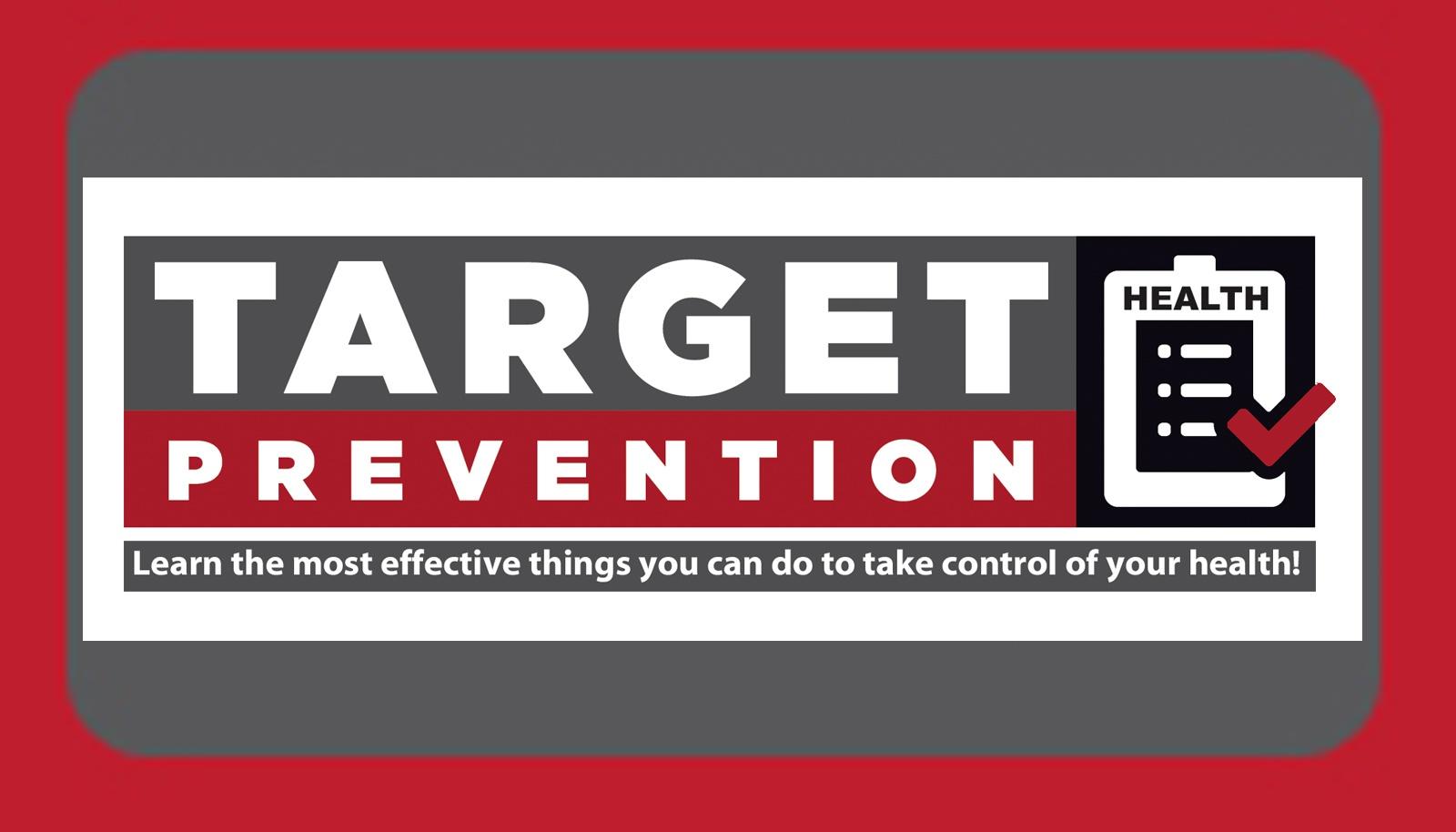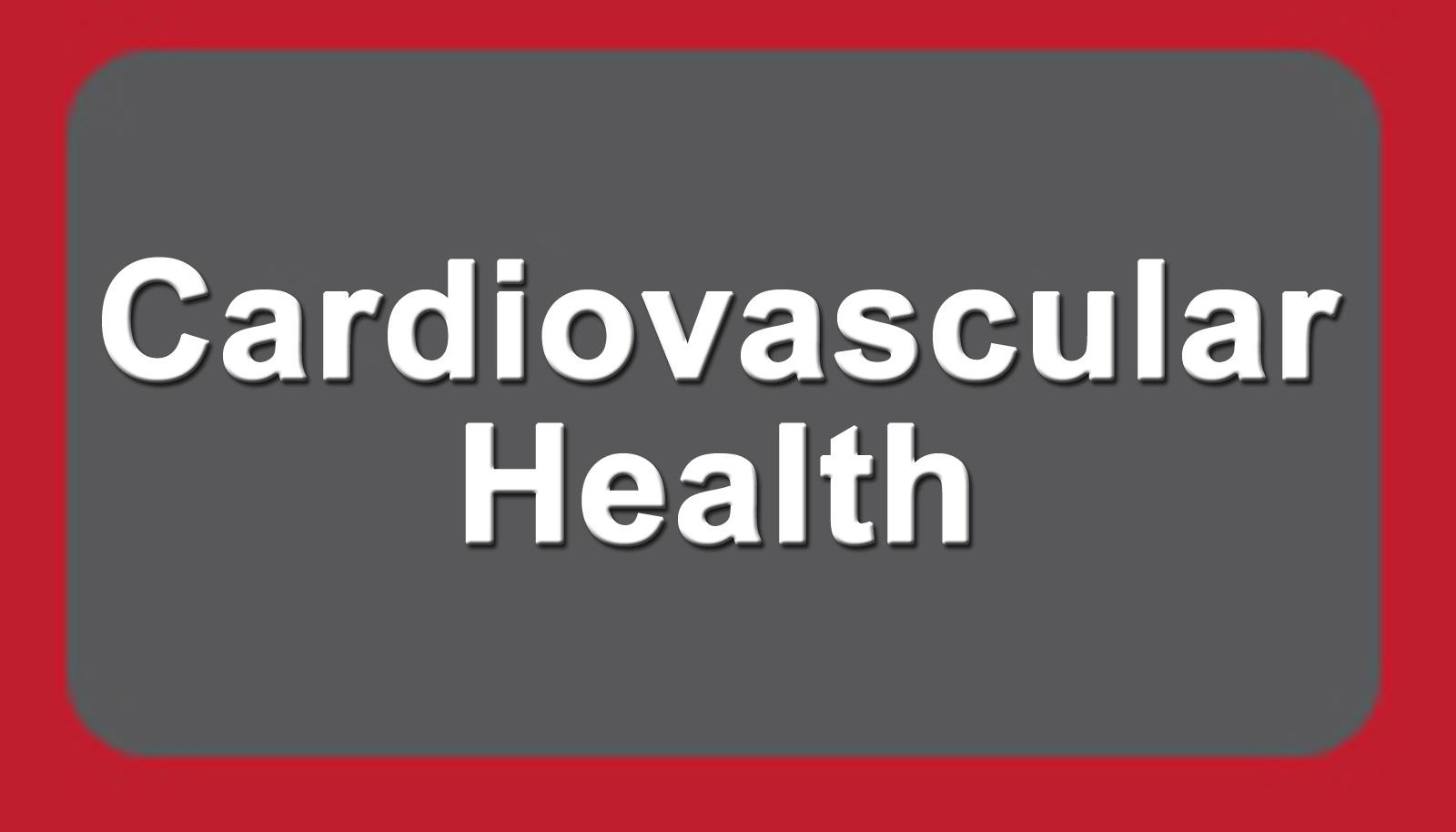
Yes, it is possible to prevent some cancers! Screening tests are the key.
TARGET — Colorectal Cancer
Why Target? Colorectal cancer is the third leading cause of cancer-related deaths in the United States when men and women are considered separately, and the second leading cause when both sexes are combined. We have a unique opportunity with colorectal cancer—screening tests allow us to find precancerous lesions so they can be treated before they become cancerous.
Screening Tests Several tests can be used to find colorectal cancer. Regular screening tests beginning at age 50 and continuing until age 75 are recommended. The Colonoscopy Test (considered the gold standard)- a long flexible tube check for polyps or cancer inside the rectum and colon. During the test, the doctor can remove polyps and some cancers. Talk to your doctor about earlier or more frequent testing if you have other risk factors including family history, inflammatory bowel disease or a generic syndrome.
Web resources:
Get Tested for Colorectal Cancer - healthfinder.gov
Talk with your doctor and ask about your risk for colorectal cancer. All it takes is a visit to the doctor to have a special exam (called a screening).
Colorectal Cancer Screening - National Cancer Institute
What is a colorectal cancer screening?
Colorectal Cancer Prevention and Early Detection - American Cancer Society
Find out more about these tests and about the risk factors for colorectal cancer here.
TARGET — Breast Cancer
Why Target? Breast cancer is the most common cancer among American women, except for skin cancers. About 1 in 8 (12%) women in the US will develop invasive breast cancer during their lifetime. Breast cancer is the second leading cause of cancer death in women. Screening tests can find cancer early, when it is easiest to treat and chances of survival are high.
Screening Tests There are three main tests are used to screen for breast cancer—mammogram, clinical breast exam and monthly self-breast exam. Mammograms are an x-ray of the breast. Mammograms are the best method to detect breast cancer early when it is easier to treat and before it is big enough to feel or cause symptoms. It is recommended that women have a mammogram every year beginning at age 40. A clinical breast exam by a doctor or nurse using their hands to feel for lumps or other changes is recommended every 3 years for women in their 20s and 30s and every year for women 40 and over. A monthly self-breast exam should be completed and a report any changes to your doctor. Many breast cancers are first detected by self-monitoring.
These screening tests allow us the unique opportunity to prevent cancer or discover it early when it is most treatable and beatable. Remember, like other preventive health services insurance coverage for screening tests for breast and colon cancer are required and covered by the Affordable Care Act.
Web resources:
Get Tested for Breast Cancer - healthfinder.gov
Mammograms can help find breast cancer early. Many women can survive breast cancer if it’s found and treated early.
Breast Cancer Screening Reminder - American Cancer Society
Sign up for a breast cancer screening reminder.
Breast Cancer Prevention - National Cancer Institute
Learn about risk and protective factors for breast cancer.
The Breast Cancer Network of Western New York
Education, advocacy, and support in Western New York.
Dr. Nathalie Bousader-Armstrong from Niagara Falls Memorial Medical Center explains the importance of screening for colorectal cancer. Colorectal cancer is the second leading cause of cancer-related deaths in the United States, but it doesn't have to be. Early detection results and better treatment or prevention.
Dr. Nathalie Bousader-Armstrong from Niagara Falls Memorial Medical center explains the importance of screening for breast cancer. About 1 in 8 women in the United States will develop invasive breast cancer during their lifetime. Breast cancer is the second leading cause of cancer death in women. Screening test allow us to detect breast cancer early when it is most treatable and beatable.




